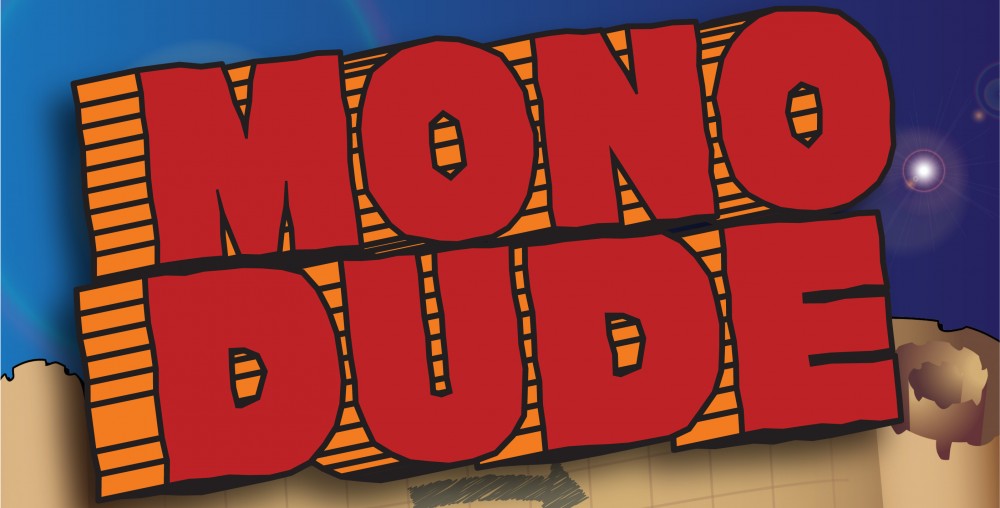Brave (2012)
Brave on the surface reads like a fairy tale: the princess Merida tries to change her fate through witchcraft and winds up turning her mother into a bear. A fairy tale, however, would end with the mother and daughter estranged forever, their story held up as an example of why daughters should obey their mothers. Brave is not a fairy tale; it is a movie that follows the monomyth formula. Myth has power beyond fairy tale. Myth creates entire imaginary worlds with their own internal meaning and morality.
A New Destiny
The self-proclaimed theme of this movie concerns fate—listen for Merida’s voiceover at the beginning: “Our fate lives within us, you only have to be brave enough to see it.” She then goes on to say that some people never find out their destiny: “But there are some who are led.” All of this talk about fate is pretty fuzzy. Is Merida led to a fate that is already there, or does she change her own fate? The movie doesn’t clearly come down on one side or the other; fortunately for Brave, monomyth movies aren’t required to submit to niceties, like etiquette or reason. Remember, they create their own meaning….
Brave first of all portrays Merida as one of those people special enough to be led to find out her own destiny. She is guided by little supernatural lights, “will-o’-the-wisps.” They lead her to a supernatural helper, a little old woman who appears to carve wooden toys, but who is actually a bumbling, benign witch. This witch helps Merida change her mother Elinor so that Merida will escape the fate Elinor has chosen for her: marriage. Does Merida really have the ability to change her fate? Of course, we know this shaggy-headed MonoDude-ette will come out victorious in her quest—what other fate could there be for a monomyth heroine?
A New Society
In recent years, there has been a string of primitive-themed CGI-animated films. Each carefully depicts a savage society. Out of that brutish, narrow-minded group clinging to survival, a new generation led by an adolescent monomyth hero is depicted as emerging, having evolved beyond the old society by internalizing new values—the values which the writers of these movies have carefully chosen.
This particular adolescent heroine not only emerges beyond her mother’s strict rules of etiquette and propriety, she actually changes her mother. Watch the progression of Elinor’s character through the story: she is transformed from a rule-following, well-dressed, effectual yet frustrated queen into a loose-haired, free-spirited, apparently happy woman. Elinor sets aside her crown (watch for it…) and follows her daughter, who is the proto-type of a new society.
Merida plows her way ahead into a new way of living that is free from rules. She wants to enjoy a man’s occupation, archery, but she doesn’t succumb to the “old way,” the primitive, savage life that her father and the clansmen portray either. Her freedom does come from shirking the responsibilities of civilized life, but it is ennobled by her enjoyment of beauty and nature. And in the end, through Merida’s choice to live a new kind of life, through the victory of her quest, even the unruly clansmen are shown to achieve unity. Her quest brings harmony to the kingdom. Merida has led the way to the dawn of a better existence for everyone in her world.
Looking Beyond
1) As Christians, we believe what the Bible says about destiny. Our merciful, loving, and unchanging heavenly Father is, thankfully, in control of each of our lives: “…in your book were written, every one of them, the days that were formed for me, when as yet there was none of them” (Psalm 139:16). We can never remind our children enough of this priceless truth or bless them enough with the security that it provides.
2) As Christians, we also believe what the Bible says about society. Merida is the fictitious firstborn in her kingdom; she cannot and should not be followed in the real world. Her world does not operate like ours, and there is no way people in the real world can emulate her and function normally. We have to abide by rules, and we have to take on responsibilities of marriage and civilization or society in the real world quickly crumbles.
Jesus, God’s Son, is the Firstborn of all creation and Firstborn of a new creation (Colossians 1:15-20). Through his resurrection, his followers enter into a society, a new humanity that has present and eternal communion with God the Father. The old law, with its rules and restrictions and condemnation, he nailed to the cross. The new law of love and holiness—we are by no means lawless—is planted our hearts by our Helper, the Holy Spirit. Our children can understand more of this than we give them credit for, and in the light of God’s Word, the shallow message of Brave loses its power.
I’ll be reviewing more primitive-themed monomyth movies soon: starting with How to Train Your Dragon and then tackling The Croods. Meanwhile, print out the worksheet above and start trying to pick out the monomyth elements in Frozen. It should make for some great family discussion!
